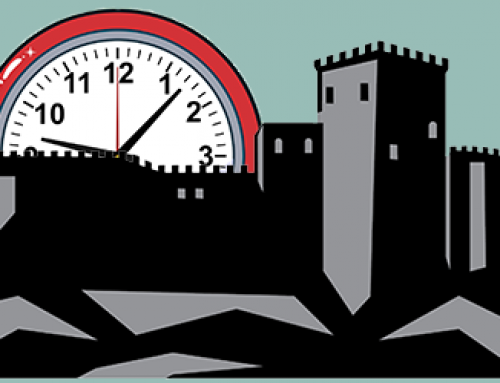No matter how well planned a project may be, there are challenges that will have to be overcome. Additionally, there are numerous factors that can derail a project as well as many types of internal and external conditions that can affect it.
Fortunately, by taking certain precautions, it becomes possible for any type of project to be successfully completed. Here are five project management tips that you can use to make sure your project stays on track and within its projected budget.
Tip #1: Project Planning: Map Out the Details
Before a project is started, it’s crucial to get organized. All details of the project should be mapped out. What’s more, each and every stakeholder should give the green light that they won’t back out on the project. It’s pertinent that the interests and expectations of all stakeholders are understood. Without keeping the stakeholders happy, it’s very difficult for the project to be completed in a successful manner. Once the details of the project are mapped out, it’s pertinent that all goals are strictly aligned with the factors that will be used to achieve the goals.
Tip #2: Assemble an Effective Team
To manage projects successfully, an effective team must be assembled. Every member of the team must be updated on project progress, setbacks, etc. on an appropriate (daily/weekly/monthly/etc) basis. Each member should be given clearly defined objectives that he or she will be responsible for. Team members must have the appropriate resources to fulfill their objectives. It’s the project managers duty to make sure these resources are available at any given time when they are needed.
Increase your sales effectiveness with PlanPlus Online.
A productivity system for leaders.

Tip #3: Be a Good Leader
Effective project management is carried out by a good project leader. This person must be able to cultivate a good working atmosphere as well as play the role of a mentor. The leader is responsible for communicating with stakeholders and getting input from team members.
All in all, the project leader should be viewed as the captain of the ship, with the ship being the project. No matter how rough the waters may get, the project leader is responsible for keeping the project afloat. Without top-notch leadership skills, a person can forget about being a good project leader.
Tip #4: Track Progress
There are four main phases of completing a project:
- Initiation
- Planning
- Execution
- Closure
Through each phase, progress should be tracked. In doing so, it becomes easier to identify any setbacks that may take place. Also, it is important to remember that all parts of the project must be monitored and controlled. Everything from individual team member progress to the technical documents that are used in the project must be reviewed on a frequent basis. Not only does this help to minimize project risk but it also helps to effectively monitor and adapt to project change.
Tip #5: Open Lines of Communication
Another important part of being able to manage projects effectively is making sure open lines of communication continually stay in place. The project leader will need to act as the operator of communication methods, ensuring that team members, stakeholders, and other important project members are able to make their thoughts and concerns heard at any given time. Open lines of communication are also necessary because they ensure everyone has the resources needed to get organized and work their way towards the completion of the project.






